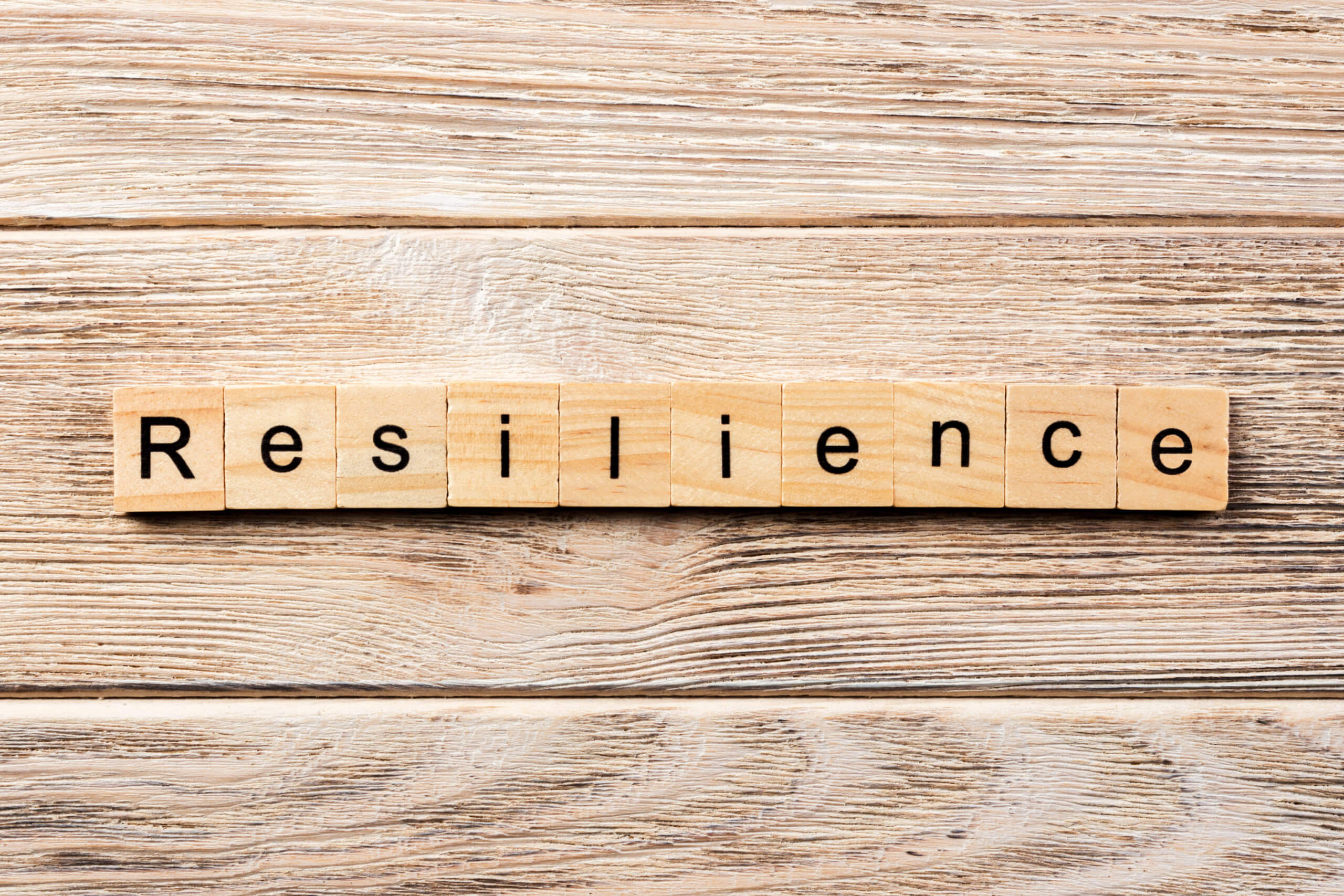Resilience is perhaps one of the most talked-about soft skills, however, not everyone understands what being resilient means and how to build this skill. We’ve compiled the five most asked questions about resilience and will answer them in this blog to help you understand this crucial skill.
What does resilience mean?
Cambridge Dictionary defines resilience as “the ability to be happy, successful, etc. again after something difficult or bad has happened”. Other definitions similarly centre on the capability of individuals to recover from difficult life events. To be resilient means that you have the ability to cope with things such as stress, loss or change.
A common misunderstanding about resilient people is that they are ‘tough’ and do not let adverse emotions affect them. However, being resilient doesn’t mean that you can’t experience emotional turmoil, stress or pain. As Everyday Health writes resilience does not equal mental toughness; it means working through emotional suffering.
Lack of resilience might lead to dwelling on problems and using unhealthy coping mechanisms. Evidence shows that disappointment might drive people without resilience to unhealthy behaviours. They might take longer to recover from setbacks or experience more distress when faced with failure.
Therefore, being resilient means you’ll be able to respond to emotionally taxing situations in a healthy and productive manner and won’t let them overwhelm you long term.
What are the key components of resilience?
Resilience has many facets, but there are a couple of key components we recognise as key to developing your perseverance and overcoming challenges.
Self-awareness
Tasha Eurich, PhD, an organisational psychologist, researcher, and New York Times bestselling author, identifies two types of self-awareness – internal and external.
Internal self-awareness is about seeing your own values, passions, and aspirations, knowing your instinctive reactions, and understanding the impact you have on others. External self-awareness relates to your understanding of how others view you.
Self-awareness is being conscious of your strengths and weaknesses and learning how to operate within them. When you know a situation will be challenging you can ask for more support or use different strategies to mitigate the risk. For example, if you find public speaking challenging you can do some meditation or deep breathing before getting on stage.
Self-advocacy
“Self-advocacy is the ability to speak up for yourself and the things that are important to you.” Three key elements are: understanding your needs, knowing what kind of support you need and communicating these needs to others. For example, if you find note-taking difficult you can ask for support such as additional resources from the teacher.
Self-control
“Self-control is the ability to regulate and alter your responses in order to avoid undesirable behaviours, increase desirable ones, and achieve long-term goals.” Increasing self-control can really improve your well-being as you’ll be able to manage your time better and reduce procrastination.
Some strategies to improve your self-control are:
- Situation selection, where you avoid situations where it’s difficult to achieve your goals.
- Situation modification, where you can’t avoid difficult situations but change them to help you.
- Selective attention, where you focus all your attention on the goal and avoid all distractions.
- Cognitive change, where you think of the consequences of reacting negatively to a situation and amend your behaviour.
- Response modulation, where you refuse to follow the temptation distracting you from your goal.
Self-control could relate to something like decreasing your procrastination by using study methods such as The Pomodoro technique.
How are resilience and mental health related?
Research shows that 1 in 3 of 13 to 18-year-olds will experience an anxiety disorder. High expectations and the pressure to succeed are considered some of the contributing factors, with studies showing that 60% of young people felt overwhelmed or unable to cope.
Developing resilience can help with handling the responsibilities and pressures of life more effectively. In fact, resilience is considered an indicator of positive mental health. Research shows that resilience characteristics are associated with lower anxiety and depression symptom levels and building resilience can be one way of preventing adolescent depression.
One of the reasons is the fact that people with resilience are more aware of their strengths and weaknesses and are more comfortable asking for help when they need it. This in turn lowers stress levels and mitigates adverse effects of societal pressures.
Why is resilience important for students?
Although resilience can be strengthened at any age and is indeed something developed over a lifetime, the brain is the most adaptable early in life. Therefore, young people might find it easier to change their behaviours and perspective. Resilience gives young people the ability to overcome barriers they encounter and build self-awareness and self-advocacy.
Research found that students who believe in a growth mindset i.e., that intellectual abilities are qualities that can be developed (as opposed to qualities that are fixed) tend to show enhanced school performance, adapt better to challenges and show lower levels of stress and aggression.
Young people who manage to build their resilience early will bring this mindset into adulthood and be better equipped to deal with challenges life throws at them.
Can resilience be taught?
Now that you understand the importance of resilience you might be asking yourself “is this something I can develop?”. The short answer is yes!
Check out the video from our Resilience Course Director to understand why resilience is a skill like no other and can be cultivated with the help of the right strategies and techniques.
If you’d like to learn more check out our blog on building resilience or join our online course! In the course, we will teach you methods of developing resilience with the help of experts and interactive activities. Learn more here – https://etonx.com/course/resilience/
If you’re an educator, please get in touch to discuss how we can develop resilience in your students – https://etonx.com/schools
